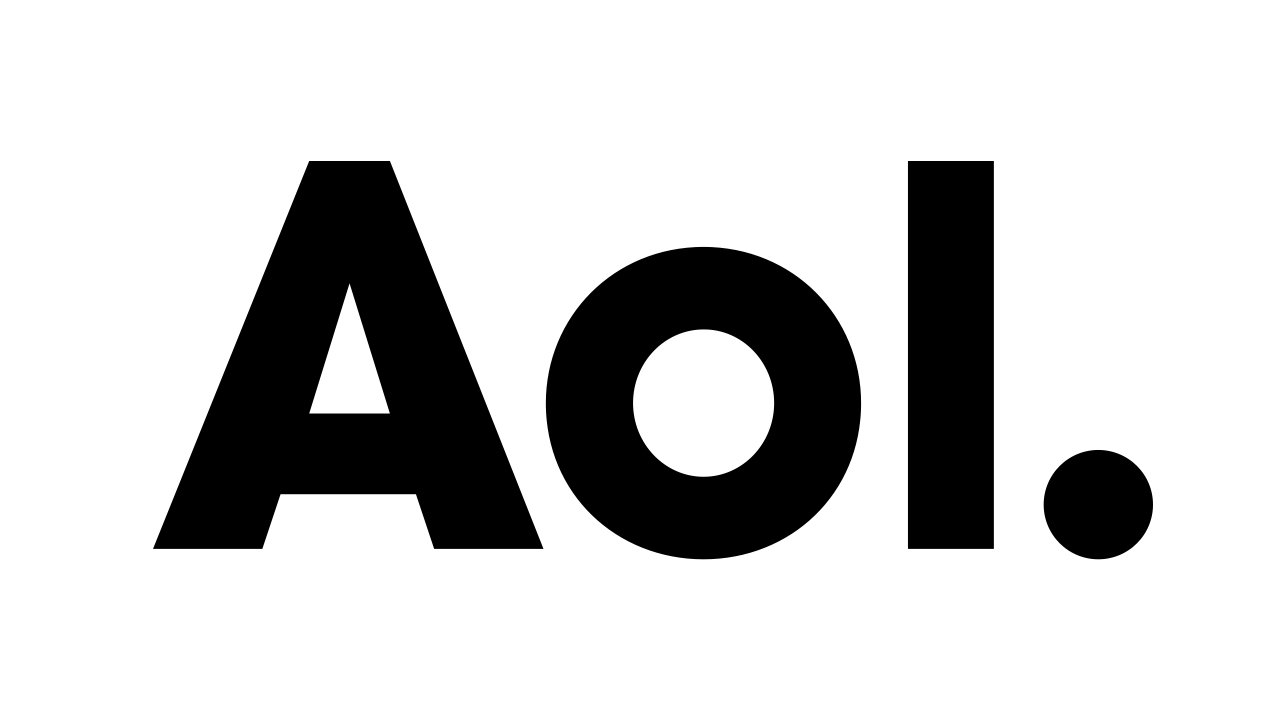Verizon seeking sale of media assets & AOL in $5 billion deal
Telecom giant Verizon is reportedly exploring the sale of assets including parts of Yahoo, and AOL, plus news sites Techcrunch and Engadget in a deal worth up to $5 billion.

AOL was bought by Verizon in 2015
Six years after it bought AOL, and five after it took over Yahoo, Verizon is looking to sell off both. The company spend over $9 billion to buy the two, and is now said to be shopping them around for around half that.
According to the Wall Street Journal, Verizon is looking to abandon its own digital media efforts.
Across Yahoo Finance, Yahoo Mail, and the company's news sites, the division had been expected to achieve $10 billion revenue by 2020. Instead, despite a growth in the second half of the year, the company finished 2020 with $7 billion.
Verizon is said to now be focusing less on its own digital assets, and more on partnership deals. It is offering bundles of Hulu and Disney+ with its home internet plans, for instance.
The Wall Street Journal says that private equity firm Apollo Global Management is in discussions to buy the assets for between $4 billion and $5 billion. Neither Apollo nor Verizon have confirmed the talks.
Stay on top of all Apple news right from your HomePod. Say, "Hey, Siri, play AppleInsider," and you'll get latest AppleInsider Podcast. Or ask your HomePod mini for "AppleInsider Daily" instead and you'll hear a fast update direct from our news team. And, if you're interested in Apple-centric home automation, say "Hey, Siri, play HomeKit Insider," and you'll be listening to our newest specialized podcast in moments.

AOL was bought by Verizon in 2015
Six years after it bought AOL, and five after it took over Yahoo, Verizon is looking to sell off both. The company spend over $9 billion to buy the two, and is now said to be shopping them around for around half that.
According to the Wall Street Journal, Verizon is looking to abandon its own digital media efforts.
Across Yahoo Finance, Yahoo Mail, and the company's news sites, the division had been expected to achieve $10 billion revenue by 2020. Instead, despite a growth in the second half of the year, the company finished 2020 with $7 billion.
Verizon is said to now be focusing less on its own digital assets, and more on partnership deals. It is offering bundles of Hulu and Disney+ with its home internet plans, for instance.
The Wall Street Journal says that private equity firm Apollo Global Management is in discussions to buy the assets for between $4 billion and $5 billion. Neither Apollo nor Verizon have confirmed the talks.
Stay on top of all Apple news right from your HomePod. Say, "Hey, Siri, play AppleInsider," and you'll get latest AppleInsider Podcast. Or ask your HomePod mini for "AppleInsider Daily" instead and you'll hear a fast update direct from our news team. And, if you're interested in Apple-centric home automation, say "Hey, Siri, play HomeKit Insider," and you'll be listening to our newest specialized podcast in moments.

Comments
Fun fact. AOL was originally the product of a company called Quantum. Quantum released AOL as a rebranded product that was called AppleLink and was a joint venture with Apple to offer dial up BBS for customers. So at some point AOL started as an Apple product.
Plus, like I said, there's quite a few people in rural areas who still require dial-up.
Applelink was also used by some partners and repair facilities, but there had been a push from those non-Apple employees that had seen it to make a version for the general public. But Apple didn't want it on the same system as the one for employees. Instead of going to GE to design something different, they partnered with Quantum, run by Steve Case in Virginia. Quantum had a growing network of text based online chat forums as a competitor to CompuServe and GENie and worked with Apple on a UI version of what Quantum had that was branded Applelink Personal Edition. Apple also took an equity stake in Quantum.
Sometime after the presentation (early 1990) we got internally on the rollout of Applelink Personal Edition, we began beta testing it as Apple employees who had access. But Apple leadership decided to change their mind on the whole thing and pulled out of the deal right before launch. Steve Case and Quantum literally had a finished product ready to go, so it was rebranded as America OnLine, and as they say, the rest is history.
One bit of epilogue....Apple watched the success of AOL in the 90s and realized they screwed up so a few years later, Apple came out with a competing service called eWorld (I still have the T-shirt). eWorld went no where and went off to the grave of so many 1990s Apple initiatives. Apple did end up making money on AOL, selling off their stock in the intervening years for badly needed cash.
Obviously success was not uniform across those incarnations, but I was under the impression there was a clear throughline between them as Apple's internet venture (vague and varying as that may be).
Sorry if I'm misinformed, I didn't jump on the train until .Mac
No, eWorld was a full on ISP in the early/mid 90s. It was pretty short lived. iTools was different beast.
Unrelated observation: Although containing only a few comments, this has to be one of the most refreshing and enjoyable threads I've seen on AI in quite some time. It's not often a thread is filled with informative esoterica. Kudos to all participants. May your example spread across AI as a whole.